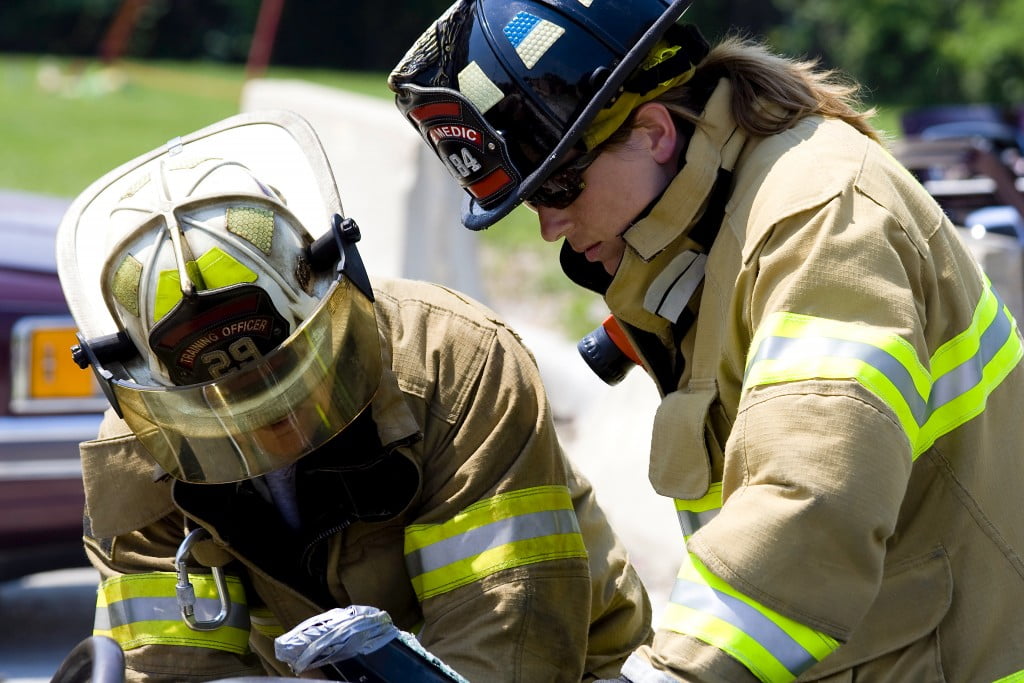Fire Hydrants and Snow
It is especially important to be mindful about fire safety during the winter season. Here, the fire safety attorneys at Azrael, Franz, Schwab & Lipowitz explain why.
According to the U.S. Fire Administration, more than 905 people die in winter home fires each year. There are certain precautions that can be taken to help avoid house fires during the colder months, which may also effectively decrease the number of fire related deaths each year. When the season hits its peak of cold weather, we often find ourselves staying inside as often as possible. However, it is important to be aware of what’s occurring outside. While most are concerned with digging their cars out of the snow and ridding the walks of dangerous ice, it is crucial to note that winter weather can cause fire hazards by obstructing fire hydrants.
In an emergency, every second matters. When fire hydrants are blocked, concealed or difficult to access due to snow and ice, it can impede emergency fire response. Fire trucks carry a restricted amount of water, so upon arriving one of the responders’ first tasks is to locate a water supply from the nearest hydrant. Hydrants covered in snow can be difficult to pinpoint and uncovering them can waste valuable time needed during an emergency situation.
Officials suggest maintaining a shoveled path from the street or driveway to the fire hydrant so that it is visible from the road and firefighters can easily access it. So, who is responsible for clearing that path?
It’s generally considered the responsibility of the residents occupying the property near a hydrant to clear them. Some cities impose fines upon owners or tenants of properties that front hydrants for failure to keep them free of obstruction.
The owners or occupants of rental apartment buildings or complexes may be held responsible for keeping hydrants on or in front of their properties clear. Regulations vary from city to city, so it is important to research what laws affect you. Baltimore County law states that sidewalks must be shoveled within 24 hours after a snowstorm. Consider helping elderly friends, neighbors or those with medical conditions to keep their fire hydrants easily accessible.
Winter can be a good time to bask in the great indoors with friends and family alike. Just remember to also keep your home safe from winter fire hazards by ensuring that your fire hydrants are clear in the event of a fire emergency. For more information regarding fire laws in Maryland, contact the fire law attorneys at Azrael, Franz, Schwab & Lipowitz, LLC.

